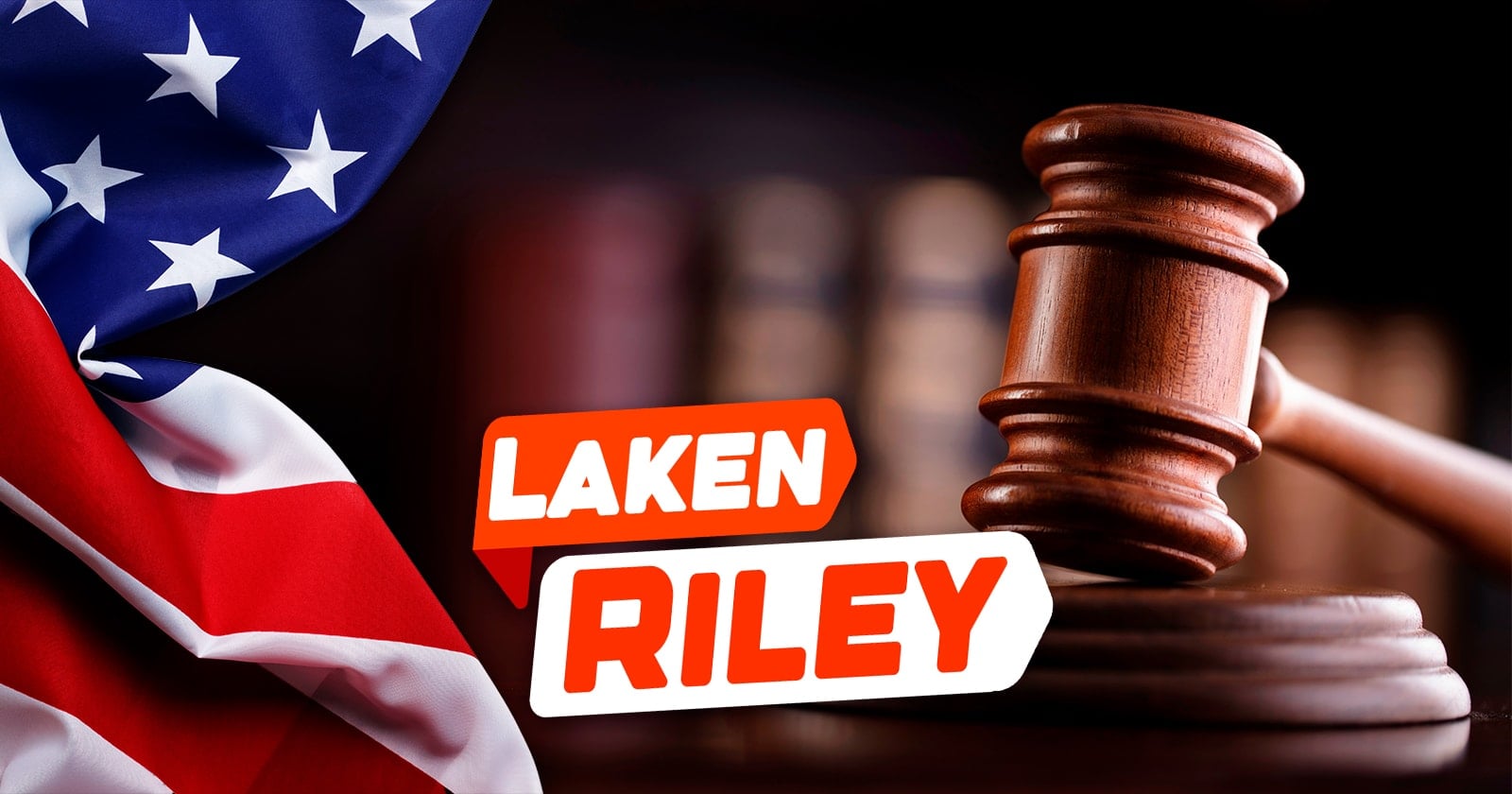
The bipartisan bill known as the Laken Riley Law could affect certain immigrants in the United States if it successfully goes through the approval channels.
HR 7511, or the Laken Riley Law, is another path found by those who intend to stop immigration through the southern border at all costs.
Sponsored by Mike Collins, representative of Georgia’s tenth congressional district, and supported by 6 Democratic and independent senators, it aims to change an established rule.
It proposes that federal authorities be required to detain irregular immigrants who have been charged or are guilty of serious crimes, violent crimes, or threats to national security.
Under these conditions, the Immigration and Customs Enforcement (ICE) could keep them under arrest until they are transferred into their custody.
In other words, local authorities could detain migrants accused or declared guilty of violent crimes until they are placed under federal custody and subjected to deportation processes.
This is not what is currently established. The laws indicate that the agency can submit a written request for detention to local authorities to keep a person under arrest for an additional 48 hours after the release date.
It’s another strategy to give ICE more time to keep the person under arrest and deport them.
But that does not mean that even so, some of them decide to rehabilitate, reform, and integrate into American society, although this part is not considered by the bill.
Without being approved and on its way to formalization, HR 7511 has defenders and detractors divided within their own parties.
On one hand, some Democrats claim that Republicans are taking advantage of the event that gave rise to the law, the murder of the young nursing student Laken Riley in Georgia, to push another project against immigration.
On the other, Republicans claim that Democrats use the project because this is an election year and they need to maintain a somewhat more radical stance on the immigration issue and thereby add voters.
And between one and the other, the bill was approved in the lower chamber on March 7, but blocked by Dick Durbin, chairman of the Senate Judiciary Committee.
It is still not known if the Democratic leaders of the Senate will push the bill forward, as it only has a 21 percent chance of being enacted.
Washington, January 14, 2025. In a decision set to redefine U.S.-Cuba relations, official sources have…
The management of assistance strategies in response to natural disasters by the Internal Revenue Service…
Are you living in Miami and looking for a job opportunity as a sales representative?…
Family reunification is a top priority for Cubans arriving in the United States, eager to…
Upcoming holidays for Americans include Memorial Day on May 27 and Independence Day on July…
Are you enrolled in Social Security Disability Insurance (SSDI) or the Supplemental Security Income (SSI)…